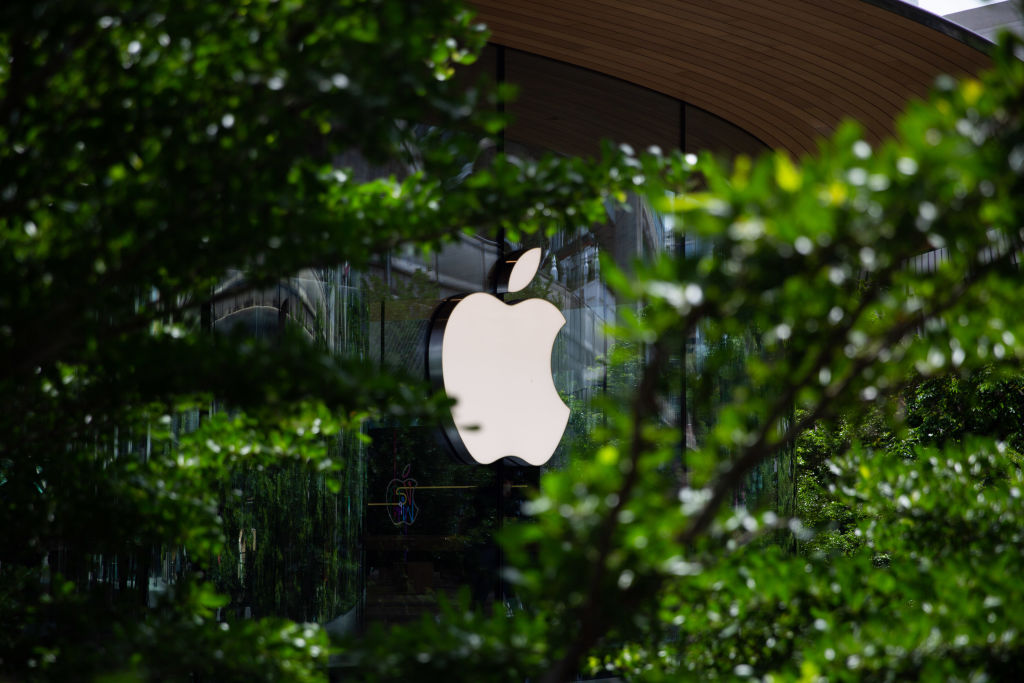As the technological world evolves, the race to harness the power of artificial intelligence (AI) has intensified among major players like Apple, Google, and Microsoft. However, with the rapid deployment of generative AI tools, there is a growing concern about safeguarding sensitive information. Apple, notorious for its stringent privacy protocols, has recently taken steps to limit the internal use of acclaimed AI tools such as OpenAI’s ChatGPT and GitHub’s Copilot. This move, although protective in nature, opens up discussions about the future of AI in corporate settings.
The Rationale Behind Restriction
According to a report by The Wall Street Journal, Apple’s decision stems from apprehensions that proprietary data could be compromised by giving employees access to external AI tools. The company is understandably wary of potential data leaks that could benefit competitors or undermine their technological edge. Such concerns aren’t limited to Apple; even giants like Samsung have restricted their employees from using generative AI tools, having learned from incidents where confidential data was inadvertently shared.
A Broader Trend Among Corporates
Apple is not alone in this cautious approach. A variety of significant organizations, including major banks like Citigroup, Wells Fargo, and JPMorgan, have put similar restrictions in place for their employees. Their aim is to protect sensitive data amid rising incidents of employees inadvertently feeding proprietary information to AI platforms. This collective action suggests a budding trend where businesses prioritize data security over the broader benefits of using generative AI tools.
Internal Innovations: Apple’s Own AI Journey
While Apple moves to limit the use of existing generative AI tools, it’s worth noting that the tech giant is actively developing its own AI models. Reports indicate that the company has been on the lookout for talent in the generative AI space. Job postings suggesting work related to Siri and advanced AI experimentation hint at an ambitious internal roadmap. Notably, Apple has already made strides with AI, evidenced by their AI-powered book narrations released earlier this year.
Looking Ahead: What to Expect from Apple?
As all eyes turn toward Apple’s upcoming Worldwide Developers Conference (WWDC), anticipation is building for potential announcements regarding AI. Given the growing trend in the tech landscape, it wouldn’t be surprising for Apple to showcase its innovations in generative AI, further establishing its commitment to developing unique solutions while protecting its proprietary data. Moreover, their participation in the ongoing generative AI discourse will significantly influence public perception and market dynamics.
Conclusion
In a landscape where AI’s capabilities are evolving faster than the regulatory frameworks that oversee them, organizations like Apple are taking a steadfast stance on data privacy. By limiting the use of external tools like ChatGPT and GitHub Copilot, Apple not only protects its sensitive information but also carves out space for its innovations in AI development. It sets an example for other corporations navigating the delicate balance between embracing new technologies and safeguarding their competitive advantage.
At fxis.ai, we believe that such advancements are crucial for the future of AI, as they enable more comprehensive and effective solutions. Our team is continually exploring new methodologies to push the envelope in artificial intelligence, ensuring that our clients benefit from the latest technological innovations. For more insights, updates, or to collaborate on AI development projects, stay connected with fxis.ai.

